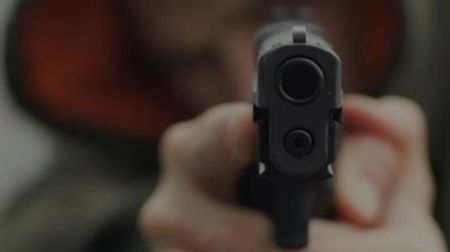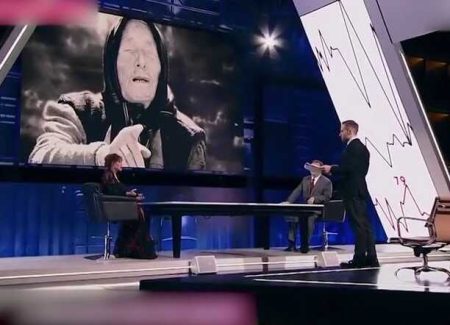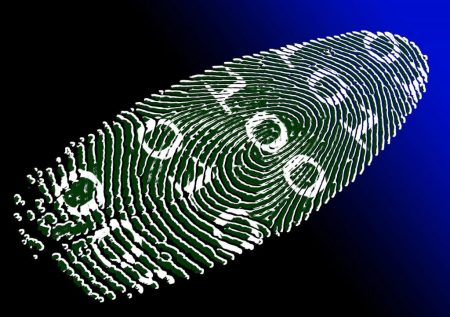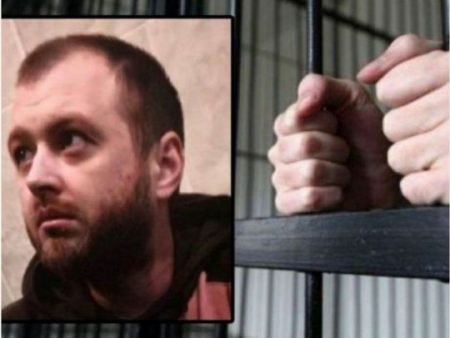“I want to confirm that it was genocide. And that, unfortunately, I participated in it,” says the 40-year-old man, lowering his head.
He appeals to the international tribunal and fully admits his guilt in his deed. The man’s name is Georges Ruju. He participated in the genocide in Rwanda as a propagandist – as the host of the “Free Radio of a Thousand Hills”.
Later, Ruju, the only European who appeared before the tribunal for the events of 1994 in Rwanda, received 12 years in prison. And it was the lightest sentence in this case. Some propagandists received life sentences EURORADIO.
Rwandans vs. Rwandans
Between the two main ethnic groups in Rwanda, the Hutu and the Tutsi, a division formed as early as the 19th century. Gradually, the stratification of society increased: for a number of reasons, the Tutsis were considered more successful and higher in the social hierarchy than the Hutus. Although in reality these ethnic groups differed very little from each other. This went on for decades, but the situation began to change in the middle of the 20th century.
The first Hutu uprising against the Tutsi lasted from 1959 to 1967. As a result, about 20 thousand Tutsis were killed, hundreds of thousands fled to neighboring countries.
Tutsis at a refugee center in Uganda / UNHCR
In 1963, the ethnic Hutu Grégoire Kayibanda was elected president. He built a rigid one-party system and supported the Hutu in every possible way, but Juvenal Habyarimana went even further, who in 1973 replaced Kayibanda as a result of a coup d’état.
Khabyarimana built a completely authoritarian state – it got to the point that the security forces demanded dances to the glory of the president at events. Supporting the Hutus in every possible way, he oppressed the Tutsis. The Tutsis who fled from Rwanda created their own organization and in 1990, announcing their intention to liberate their country, invaded it from neighboring Uganda. Thus began a civil war, the details of which we will not go into.
We only note that as a result of the civil war in Rwanda and the accompanying genocide, up to 800 thousand Tutsis died, and the total number of victims exceeded one million. And propagandists played an important role in this.
The fight against “cockroaches”
“… if we fail, it is obvious that even if you hide at the bottom of Lake Kivu, they will do everything possible to catch you, condemn and hang you,” Habiman Kantano said on the air of Radio of a Thousand Hills in the summer of 1994.
Formally, this radio was private, although it was associated with the state-owned Radio Rwanda, which did not allow itself to air much. It broadcast for a little over a year – from 1993 to 1994. But during this time it became the main mouthpiece of the Hutu struggle against the Tutsis.
The radio operated in this building in Kigali. On the ground floor there is now a clothing store / PIERRE LEPIDI
Enemies on the air were disparagingly called “cockroaches” and allegorically urged to exterminate them. Sometimes real “kill lists” were voiced – enemies who needed to be destroyed. Under the influence of massive propaganda and these calls, inter-ethnic clashes and killings became more and more serious. And radio presenters and observers encouraged this: they called it a struggle for the country and democracy.
There were also those who understood the danger of radio and called on Western countries to help block it … But diplomats did not support this idea. For example, the US ambassador said that euphemisms are “open to interpretation” and reminded of freedom of speech.
It is impossible to underestimate the influence of the appeals that sounded on the air of the radio. Interesting research spent Harvard scientist David Yanagizawa-Drott. If we talk about his conclusions simply, then in those settlements where the radio signal was better, later there were more convicts for participation in the genocide.
Although the majority of those employees of the radio station who were tried for genocide did not deny their role in inciting the murders of dissidents.
Tribunal
Tried propagandists at the UN international tribunal. This was the first time since the Nuremberg Trials that the role of the media was considered in the context of international criminal offences.
“We did something stupid. We weren’t vigilant. We believed what our authorities said. We trusted them. We admit that we have sinned, so today we kneel and ask for forgiveness, ”said one of the defendants, Valerie Bemeriki, who was later sentenced to life in prison.
Ferdinand Nakhimana (left, one of the co-founders of the radio) during the tribunal / AP
All propagandists were found guilty of aiding the genocide. Terms – including life. Some of those sentenced have already died in custody, but the arrests of defendants continue: for example, in 2020, Felicien Kabuga, who is considered one of those who financed the radio, was detained in France.
As for Georges Ruggia, whom we mentioned at the beginning, in 2008 he was handed over to Italy to serve the rest of his sentence, but a year later he was released ahead of schedule – in violation of international standards. According to the latest data, today he lives in his native Belgian city of Verviers. But what he does and whether he maintains contacts with former “friends” is unknown.
A source: EURORADIO




